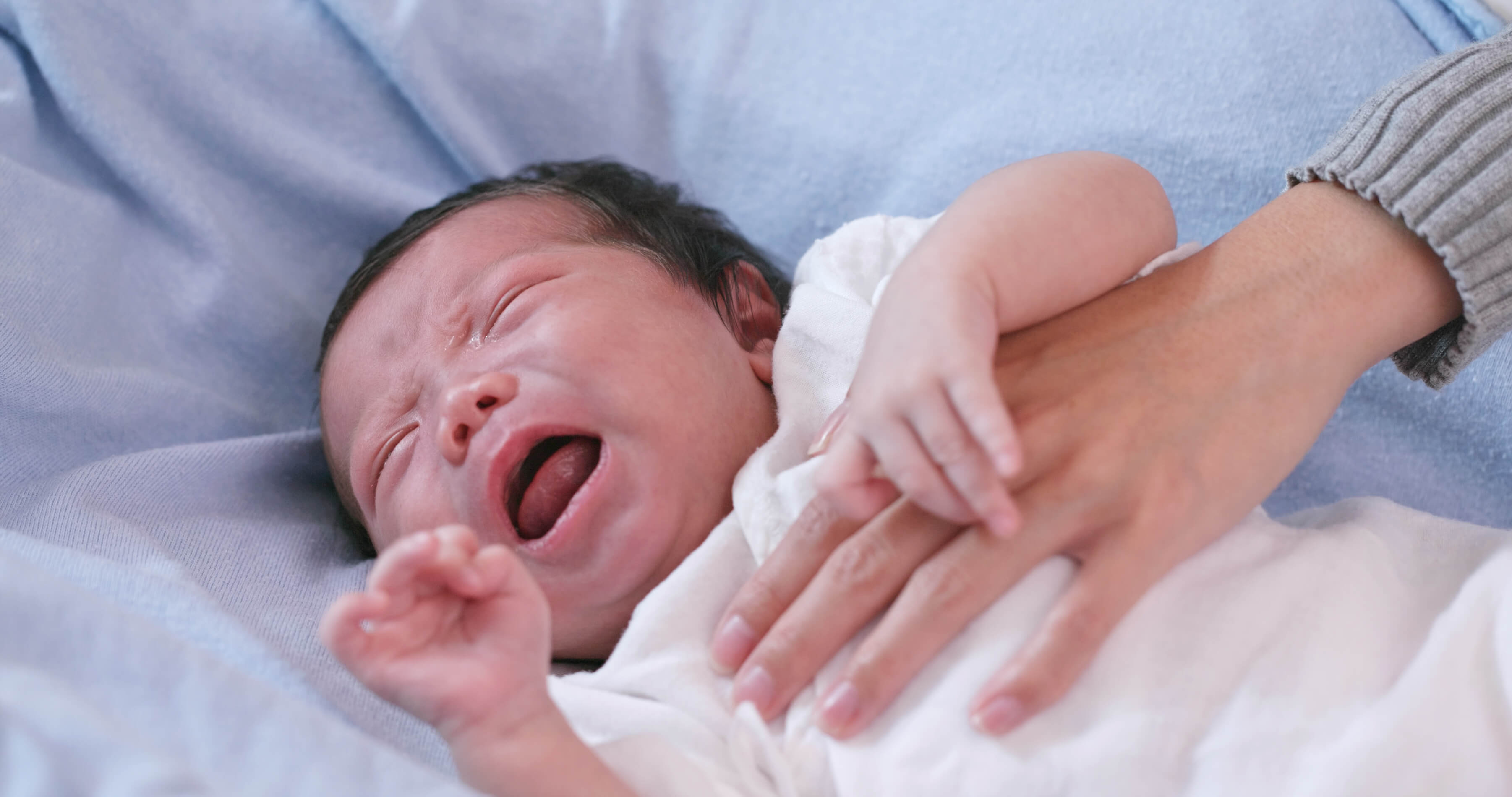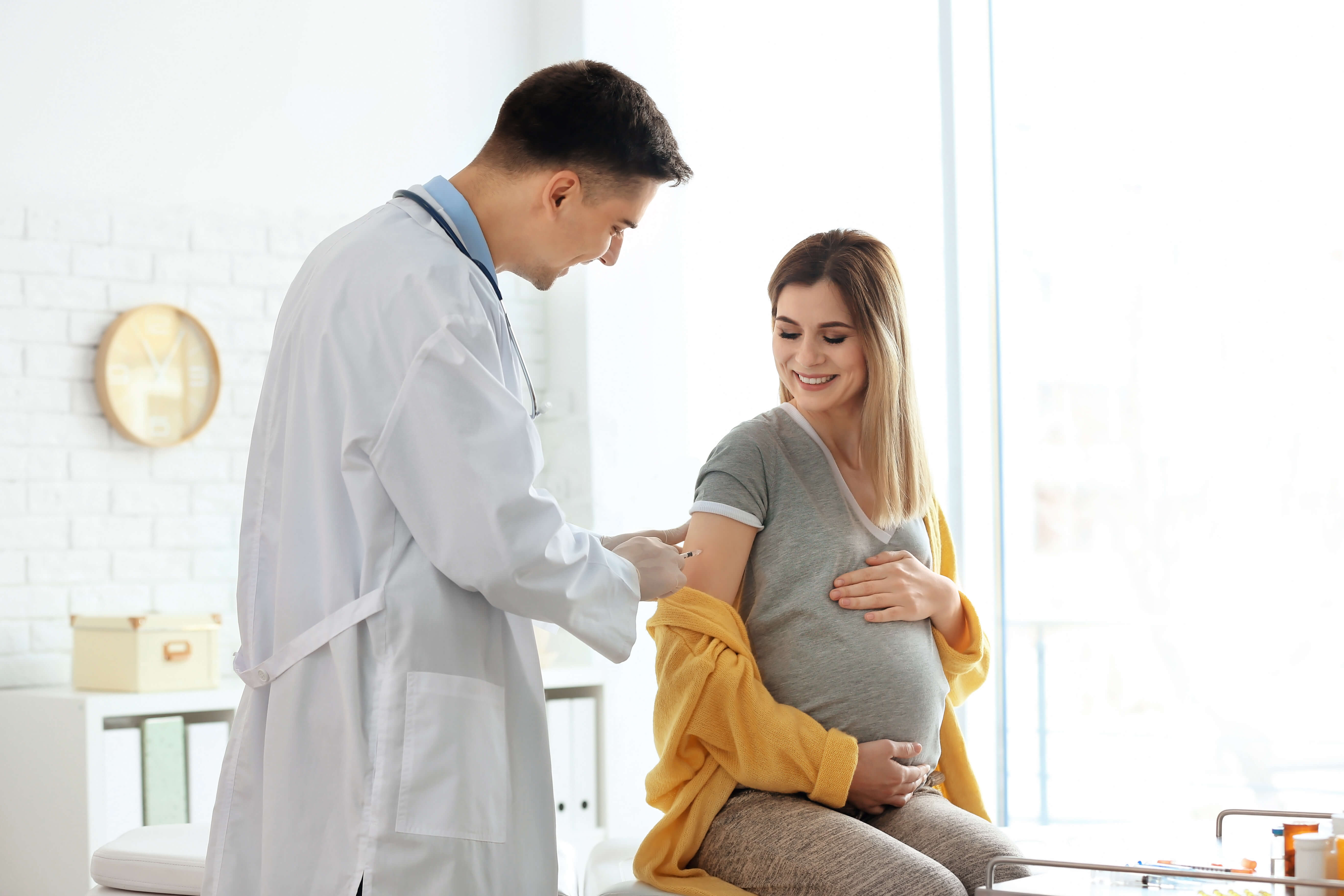What is whooping cough?
Whooping cough is a bacterial infection caused by Bordetella pertussis. It affects the respiratory tract, causing inflammation and severe irritation. The disease is transmitted by droplets of saliva released when an infected person coughs or sneezes. It is contagious from the first symptoms, up to 21 days or five days after antibiotic treatment.
Symptoms in adults
There are three distinct phases to pertussis:
1. Catarrhal phase: Symptoms resemble those of a cold, accompanied by a dry cough and moderate fever. Duration: 1 to 2 weeks.
2. Paroxysmal phase: Cough organised into fits (rooster crowing), apyrexia, possible fatigue due to the fits, and vomiting. Duration: 2 to 6 weeks.
3. Convalescence: Symptoms gradually improve, but the cough may last for several months.
Symptoms in infants

Infants under the age of six months are the most vulnerable group to whooping cough. Because their immune systems are immature, complications can be serious, even fatal.
Symptoms in very young children sometimes differ from those in adults. The cough may be absent, replaced by pauses in breathing (apnoea). The signs to look out for are :
Cyanosis (bluish tinge to the skin due to lack of oxygen) and/or bradycardia (slowing of the heart rate);
- A fever of varying degrees;
- Extreme fatigue after bouts of coughing;
- Eating difficulties and/or vomiting due to shortness of breath; presence of phlegm.
In the event of severe symptoms (convulsions, breathing difficulties, etc.), contact the paediatric emergency care department, which will guide you through the appropriate treatment for your child.
Treating whooping cough: tests and treatments
Diagnosis is based on analysis of nasopharyngeal swabs or PCR tests to detect the bacteria. Treatment combines a course of antibiotics, to be followed in full even if symptoms diminish, and supportive care, ideally administered during the catarrhal phase. Remember to air rooms regularly and keep the temperature between 18 and 19°C.
Risks during pregnancy
Pertussis is a serious risk for pregnant women in their 3rd trimester and their unborn babies. Although the disease is generally less serious in the mother, it can have a significant impact on the newborn during the first few months of life.
Infection during pregnancy can cause intense coughing, leading to fatigue, insomnia and, in some cases, complications such as placental abruption or premature rupture of the membranes.
Risks for the unborn baby
The main concern is the risk of transmission to the newborn, who has not yet developed immune protection. Neonatal pertussis is associated with a high risk of respiratory and neurological complications.
In the event of infection, the paediatric specialists at Hôpital de La Tour will examine your child's pathology and state of health using a comprehensive, multidisciplinary approach.

Whooping cough vaccination in Switzerland
To protect mother and child, vaccination is recommended between the 20th and 32nd week of pregnancy (2nd trimester). Administration of the combined vaccine (with those against diphtheria, tetanus, poliomyelitis and haemophilus, as well as hepatitis B, depending on age) stimulates the production of antibodies that are passed on to the foetus, offering protection until the infant's first vaccination (from 2 months).
However, babies can contract the disease before they are vaccinated, which is why it is recommended that close relatives (second parents, grandparents and anyone who will be looking after the child in the first few months of life) receive a booster vaccination during the mother-to-be's pregnancy. The whooping cough vaccine does not provide 100% protection against infection, which is why booster vaccinations are also necessary for all new pregnancies.
Protecting at-risk groups
Adults, especially parents and healthcare professionals, can be carriers of the bacterium without showing serious symptoms. A booster vaccination is also recommended to prevent transmission of the disease to groups most at risk (infants, young children, the elderly and immunosuppressed people).
To help prevent whooping cough, we also advise you to :
- Limit contact with sick people;
- Respect hygiene measures, such as regular hand-washing;
- Avoid crowded places during epidemics.
To remember
Whooping cough or Pertussis is a serious disease, particularly for infants and pregnant women. Thanks to vaccination and preventive measures, it is possible to considerably reduce the risks and protect the most vulnerable populations. In most cases, thanks in particular to vaccination, pertussis can be cured by antibiotics or even spontaneously.